Financial analysts note that Sukuk is increasingly becoming a major non-interest financial product that Millennials and Gen-Zs understand very well and are willing to invest in.
Mustapha Ja'far, Capital Market and Islamic Finance Lawyer and Amina Olori-Aje, Shariah Compliance Officer, shared their views while providing expert opinions on Nigeria's non-interest finance market evolution.
Starting the conversation, Aminat Olori-Aje said millennials understand Islamic finance as ethical finance that follows Shariah principles. Ja’far, on his part, observed that most millennials are familiar with Islamic finance products such as Sukuk. According to him, Sukuk is a certificate of equal value representing an asset's underlying ownership.
He noted that, "It is an Islamic finance alternative to bond issuance. Bond issuance is evidence of debt while Sukuk certificate is ownership of an underlying asset and benefit from the cashflows asset."
Explaining further, Ja'afar gave an example of how he invested in Corporate Sukuk issuance; the 'Ijarah' is lease-based, offering a 13% profit bi-annually on a 7-year investment term.
He also invested in the Islamic bank set up as a Mudaraba account. Murabaha is a profit-sharing partnership where one party provides capital and the other from the bank invests and manages the capital. In contrast, the capital provider bears the entire risk.
Looking at specific areas in the non-interest financial institutions that can unlock opportunities for millennials, Aminat said one of the problems millennials face and are a core issue is unemployment. Also, rising inflation is adversely affecting housing costs and investments. She believed Islamic finance instruments could be used to solve these issues.
Speaking further, she stressed that Islamic finance could help create jobs for millennials by using instruments like Musharakah, joint ownership, and Mudaraba, where millennials have good ideas.
"Sukuk can be used to fund large projects, Zakat and Waqf can reduce the country's inflation. Housing is a tangible asset and one of the basics of non-interest finance, by using Ijarah Sukuk instrument. Issues of unemployment, investment and housing are what non-interest finance can solve for millennials."
Mustapha Ja'afar called on the non-interest finance market to roll out tailor-made products for the student demography, particularly the Shariah compliant buy now and pay later products. This will allow customers purchase the goods and services and pay on installment over time. He believed by doing this, it will help students to buy textbooks in schools amongst others.
He cited similar product Islamic banks uses which is Murabaha financing. He believes effort could be made to tailor this product to fit students. Students don't have steady means of income; they don't have access to use as collateral might be the challenge most Islamic banks don't have tailored product for them but it's essential for the buy now and pay later product to be in the market.
Aminat tasked the non-interest financial institutions on exploring ways millennials can tap into opportunities in Islamic finance, like Sukuk.
The Shariah Compliance officer explained that Sukuk will go a long way if it will be in the short term that will provide quick liquidity for the Islamic financial institutions, who find liquidity as an issue due to the ethical boundaries that cover gaining liquidity or general profit.
"Shorter term sukuk could help Islamic financial institutions deepen liquidity, and the value derived will provide employment opportunities, funding and financing for millennials."
She called on government and individual bodies, who understand the dynamics of providing liquidity and opportunities for millennials, to collaborate and create entrepreneurial activities for the youth.
Regarding the future of non-interest finance, Mustapha noted that the market is growing rapidly, and is receiving increased adoption worldwide.
He believed the future of Islamic finance lies in fintech. "In a few years, there will be an emergence of Islamic financial technology companies in Nigeria or the adoption or provision of more non-interest finance product from the conventional fintech, which is where the millennials and GenZs will play their role, and as Islamic finance continues to grow, we need to the younger generation solve financially related challenges though technology" Ja'afar added.
"Technology is the future of finance, and it is essential to sustaining the Islamic finance market, making it accessible with innovative products, democratizing the entire industry that attracts more customers and through fintech drive a wider range of products in the market."
According to him, the GCC countries are moving away from the brick-and-mortar Islamic finance industry to a more digitized one, which is the market's general direction.
WATCH VIDEO
 Lagos, NG • GMT +1
Lagos, NG • GMT +1











 522 views
522 views






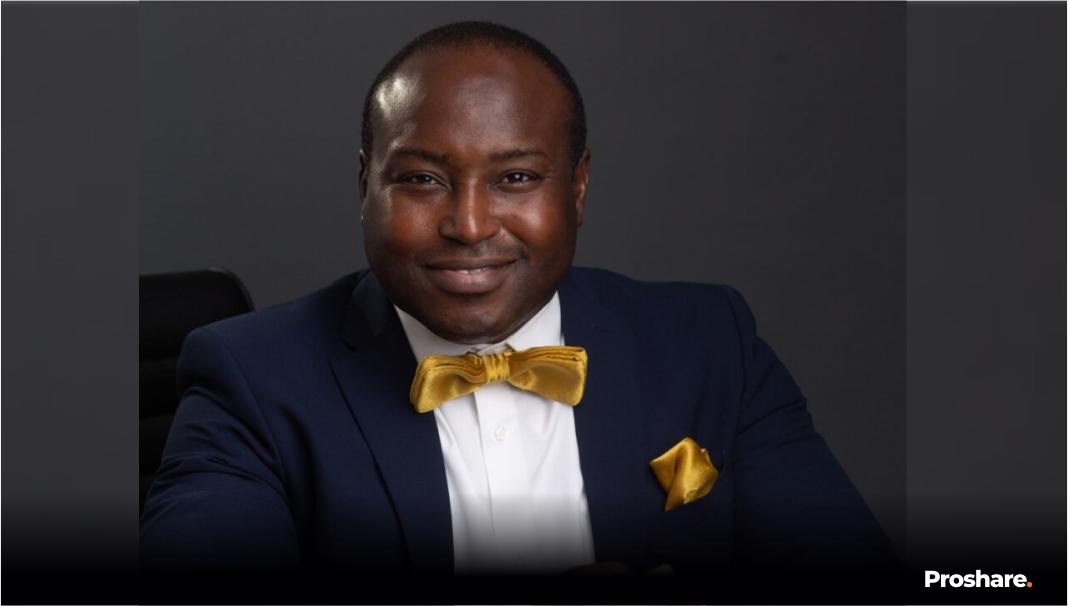
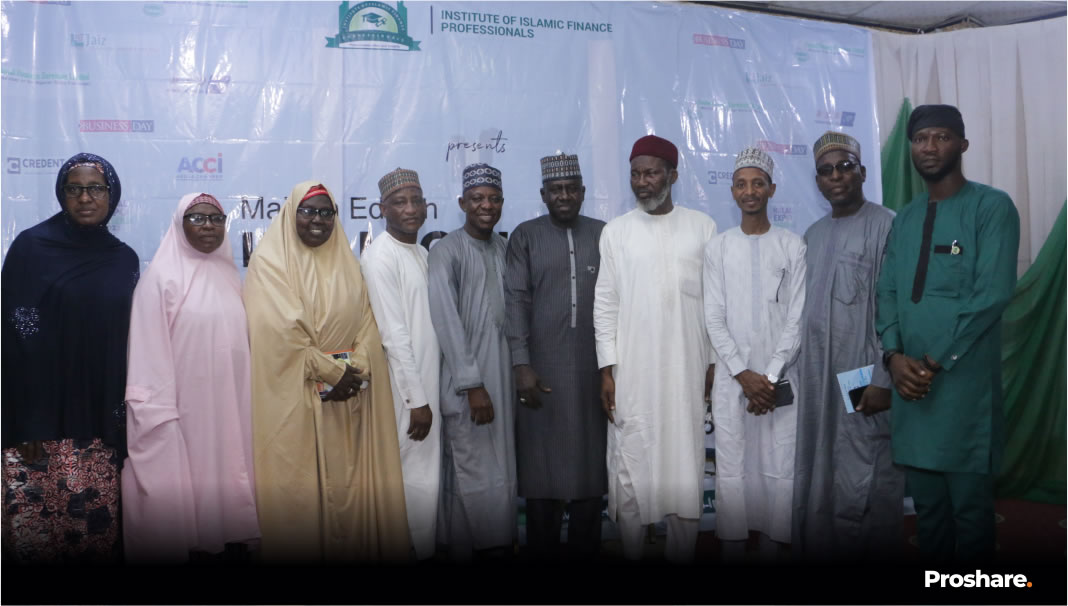

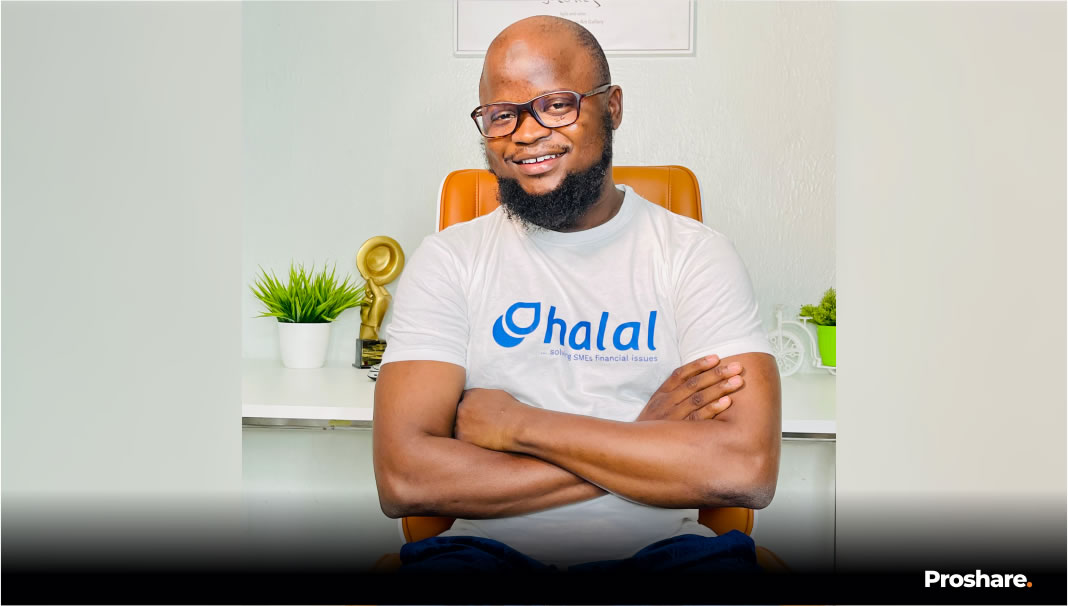
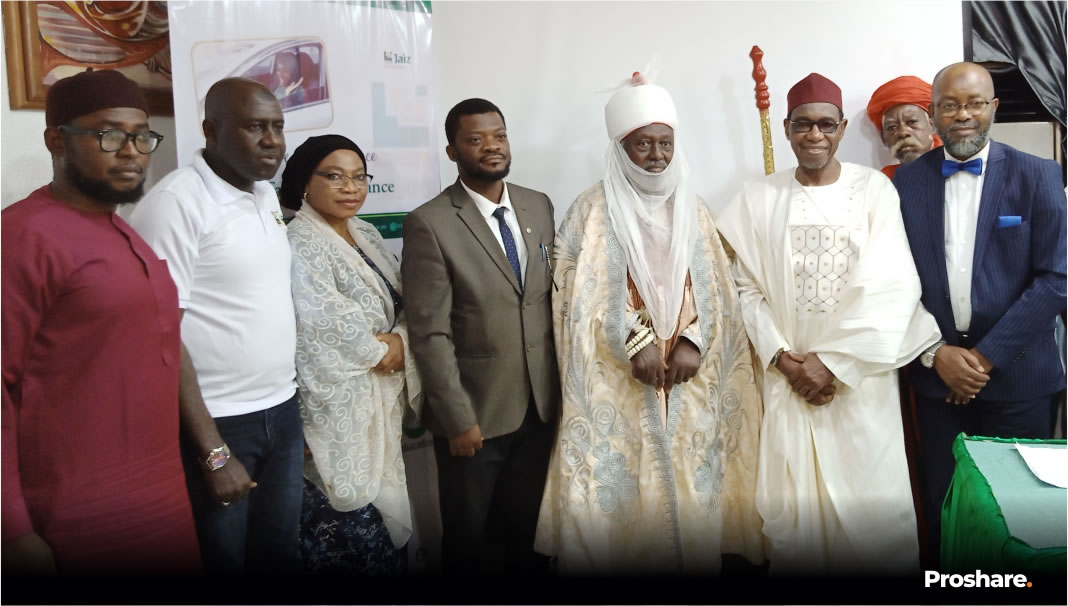
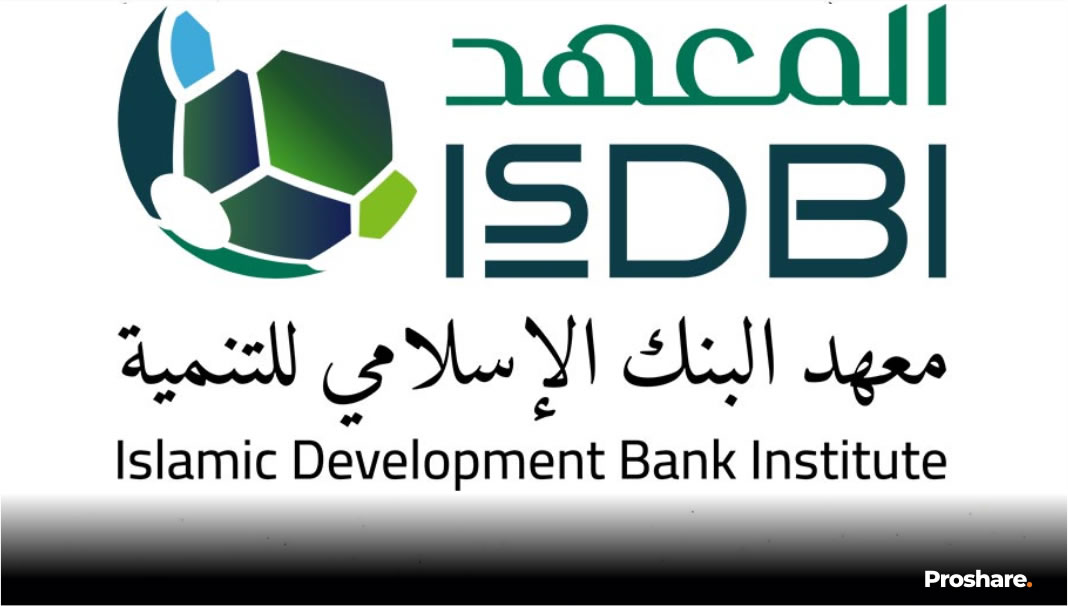
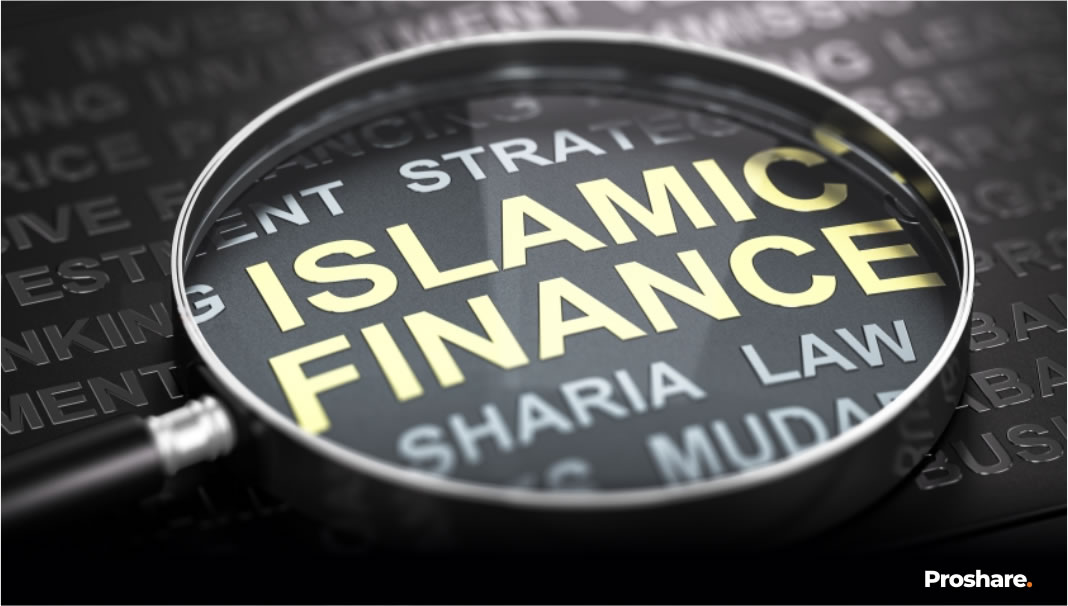

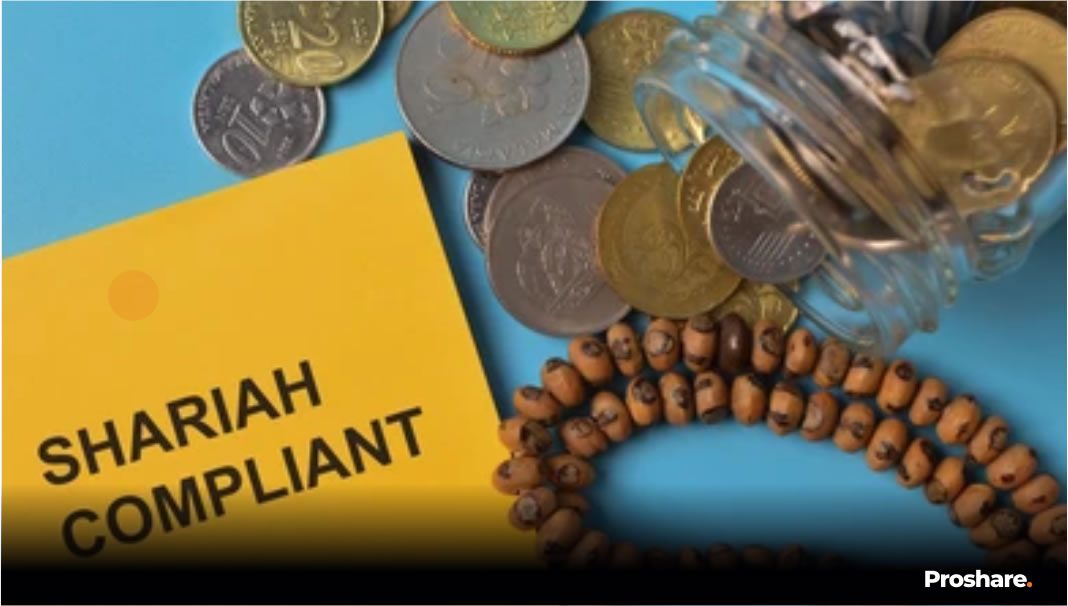





 Sponsored Ad
Sponsored Ad
 Advertise with Us
Advertise with Us









